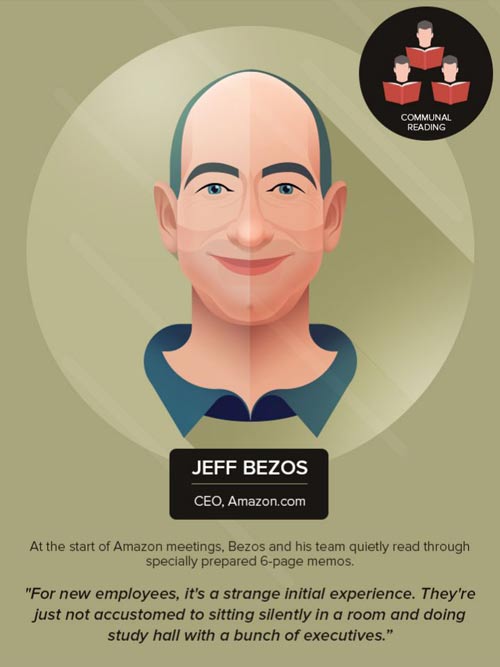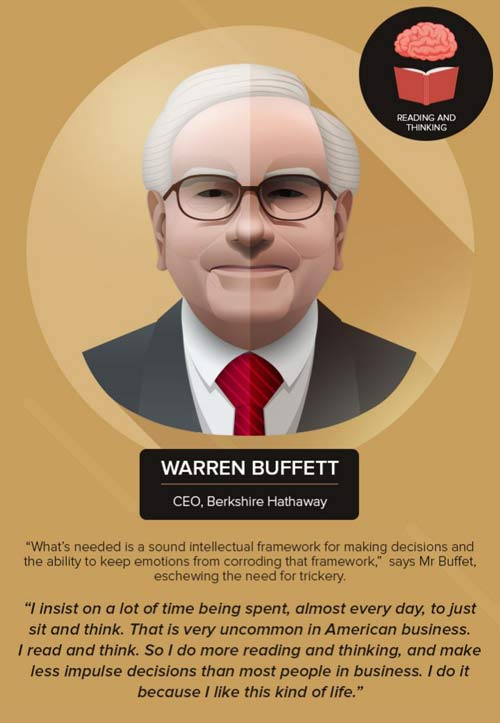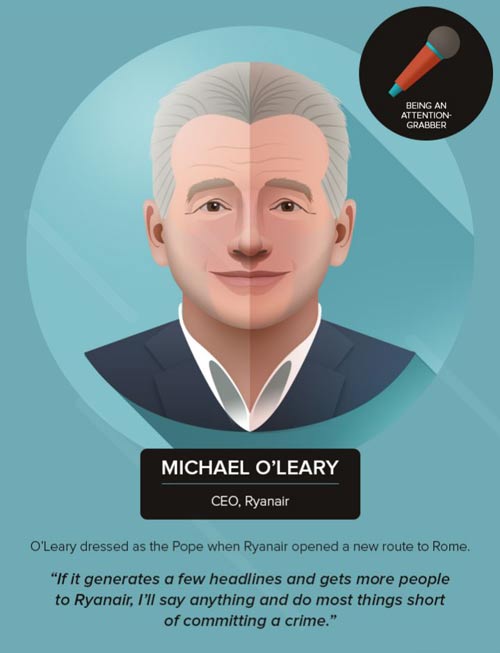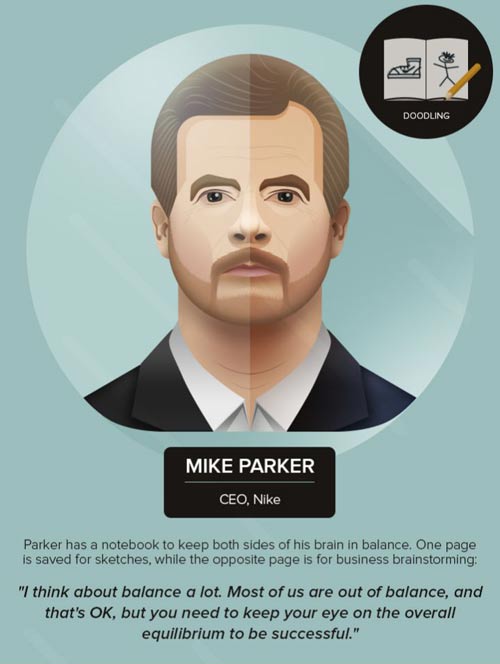“I don’t have time for time management.”
I hear this excuse often from those who aren’t taking control of their time and life.
Instead, they use the “too busy” excuse to put off getting organized and being more productive in their daily activities.
If this is you, today I have 10 tiny time management tips that you can fit into your too busy day.
Too Little Time for Time Management?
I don’t buy the “I don’t have time for time management” excuse.
Time management doesn’t (and shouldn’t be) a time intensive effort.
“Time management should save time, not take time.” (Tweet this Quote)
By investing in your time management skills you should actually have more time in your day. And the best time management habits fade into the background and become part of your daily routine.
Below are 10 tiny time management tips. Bite-sized if you will.
Each are small, and each are immediately usable in your daily activities.
So, if you don’t have time for time management…
Here are 10 Tiny Time Management Tips:
- Plan Your Day – Spend 10 minutes planning your day each morning. (Set a timer if you must…) These few minutes can save you hours of misfortune and wasted effort. They can prevent missed opportunities, last-minute scrambles, and life stress.
- Make Your TODAY List – Each day, take your todo list and highlight the “Top 5 Tasks” that you must get done today. This is your TODAY List. You will get these tasks done first and no matter what life throws at you today.
- Get up 30 Minutes Early – You can be an early bird. Getting up 30 minutes earlier will let you be ahead of the day. Whether that means getting a task done early, getting out the door on time, or even beating the morning commute.
- Be Early to Appointments – When it comes to meetings and appointments, “10 Minutes Early is on Time.” Leave for your appointments with enough time to be comfortably early. You will avoid being the “always late” one, and in the few minutes ahead of the meeting you can relax or get caught up.
- Have a Notebook – This is the tool most often missing from people’s time management system. Whether on paper or on your phone via something like Evernote, have a place to capture important information and notes. Avoid using Post-Its and the random scraps of paper.
- Rule Your Phone – Stop letting your phone rule your life. It is there for your convenience, not that of others. Answer it only when it is convenient. Check it only when you need something. Turn off the chimes and notifications.
- Stay Out of Your Inbox – Email is not your job. Stay out of your inbox except for a few designated times each day. Instead, concentrate on your priorities, and your email will still be there when you check back.
- Clean Your Desk – Take 5 minutes and clean up even a few things on your desk. A clean workspace not only lets you get more done, but it reduces stress. Don’t wait until cleaning your workspace becomes an all day affair, do it in small increments every day.
- Take a Break – To be more productive, you actually have to rest every once in a while. A five-minute break can reset your mind and rejuvenate your energy level. Go outside, walk around the building, or just take a few deep breaths of peace.
- Don’t Waste Time Complaining – When you catch yourself complaining or being negative… STOP. Instead of wasting your breath and time, do something productive with that time.
Tiny Productivity Tips
The truth is that you do have time to be more productive.
Time management skills will help you get more done with less effort.
Practice these 10 tiny tips and have more time in your day.

















